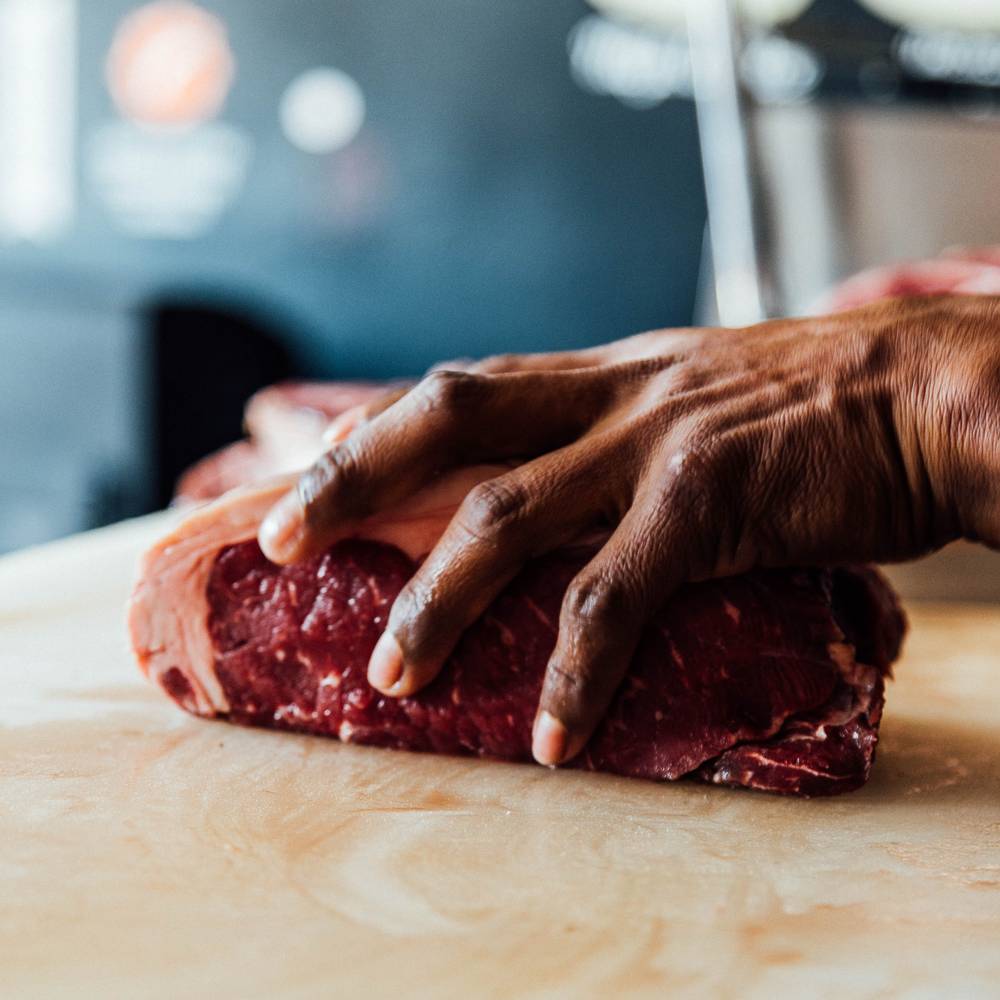What is BARF?

BARF. So no...it's not an onomatopoeia! 😆 Literally, it means "Biologically Appropriate Raw Food" or “Bones and Raw Food”.
BARF is a raw meat diet that aims to be similar to the way wild canines such as wolves eat. This nutrition is healthy and composed of meaty bones (= bones surrounded by meat), offal, fruits, vegetables, oils and mineral supplements.
Dr. Capozzi from the veterinary office of La Fonderie offers us an interesting information:
Cooked bones, contrary to raw bones, are in principle to be avoided, because after cooking the bones can become fragile and cause digestive problems, even perforations. Moreover, once cooked, there is no more nutritional interest. Raw bones, for their part, contain nutrients such as calcium and phosphorus. These nutrients help to keep your pet's bones strong.
So raw food can indeed have benefits. Here are the main benefits that can be seen in the BARF diet:
- A better cleanliness of the teeth
- Better digestion
- A shinier coat
- A more defined musculature
- A better vitality
But be careful, if such positive effects are possible, there are certain rules to respect:
- A change in feeding must be done gradually.
- The composition and proportions vary according to your dog's age, size, breed, condition and lifestyle. A badly balanced composition can cause your pet severe deficiencies or excess in the long term. In addition, there are various foods that should be avoided, such as grapes, avocado, etc., and others that should be given only when cooked, such as asparagus or eggplant.
- Special attention must be given to the quality, storage and the way the meat has been and will be manipulated. Raw meat means more risk of bacteria formation.
Among the disadvantages, we can mention these:
- Cost can be relatively high.
- Sufficient freezer/refrigeration storage space is required.
- If you are preparing your own rations, you will need to spend some time doing so.
- When traveling, you will need to have refrigerated storage with you at all times (not always the case in hotel rooms).
In summary, this nutrition is complex. So if you want to get the best out of your dog's food while respecting the necessary hygienic measures, it is strongly recommended to consult a professional such as your veterinarian or a dog nutritionist before starting with such a diet.



